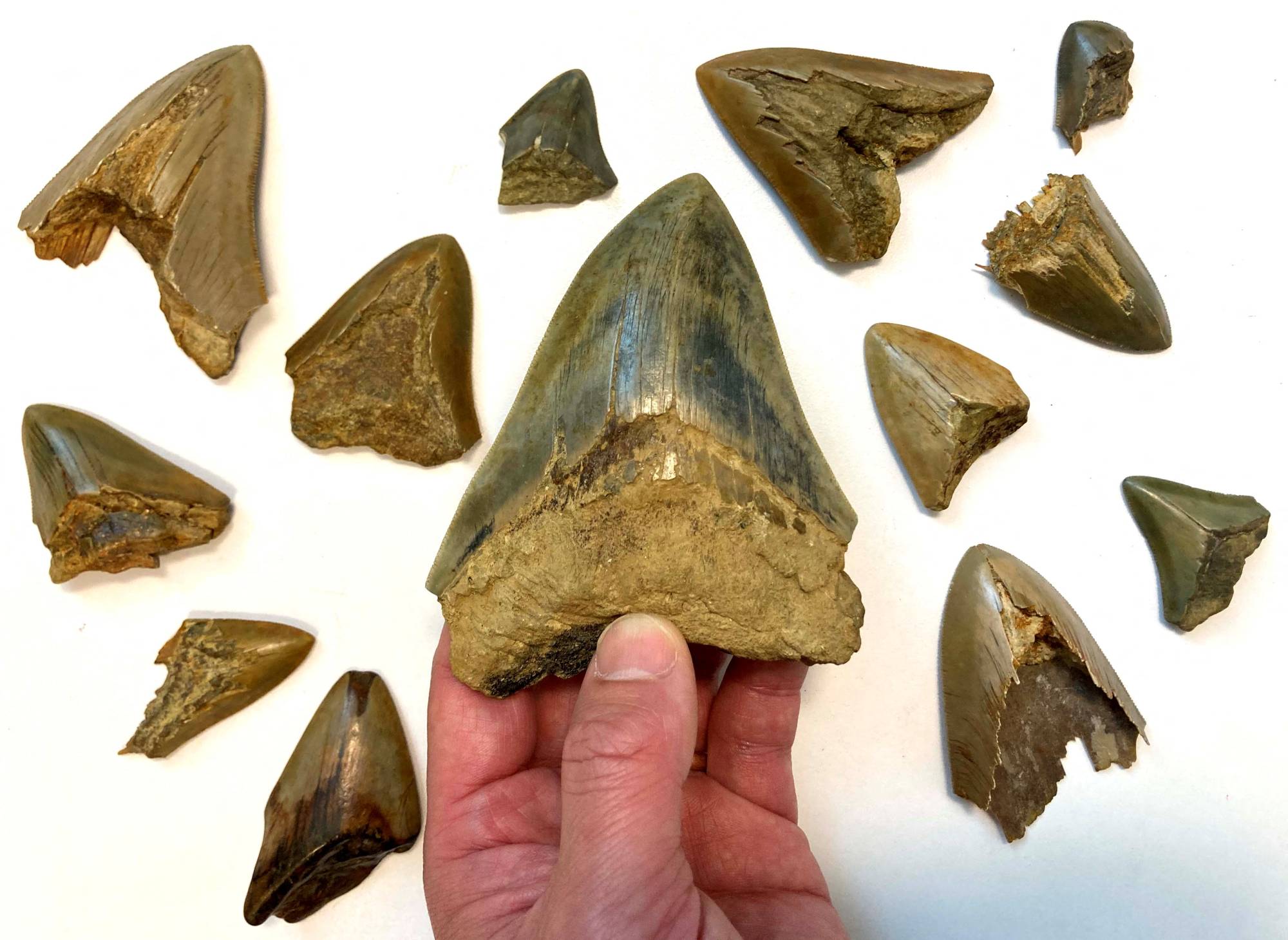An examination of the zinc content in teeth from sharks both living and extinct is providing clues about the demise of the largest-known shark, indicating that the mighty megalodon may have been out-competed by the great white shark in ancient seas.
Researchers assessed the ratio of two forms of the mineral zinc in an enamel-like material called enameloid that comprises the outer part of shark teeth. This ratio enabled them to infer the diets of the sharks, and gauge their position on the marine food chain.
They found that while the megalodon may have been alone atop the food chain for millions of years, the great white shark's arrival about 5.3 million years ago added another apex predator hunting similar prey.



















With your current subscription plan you can comment on stories. However, before writing your first comment, please create a display name in the Profile section of your subscriber account page.